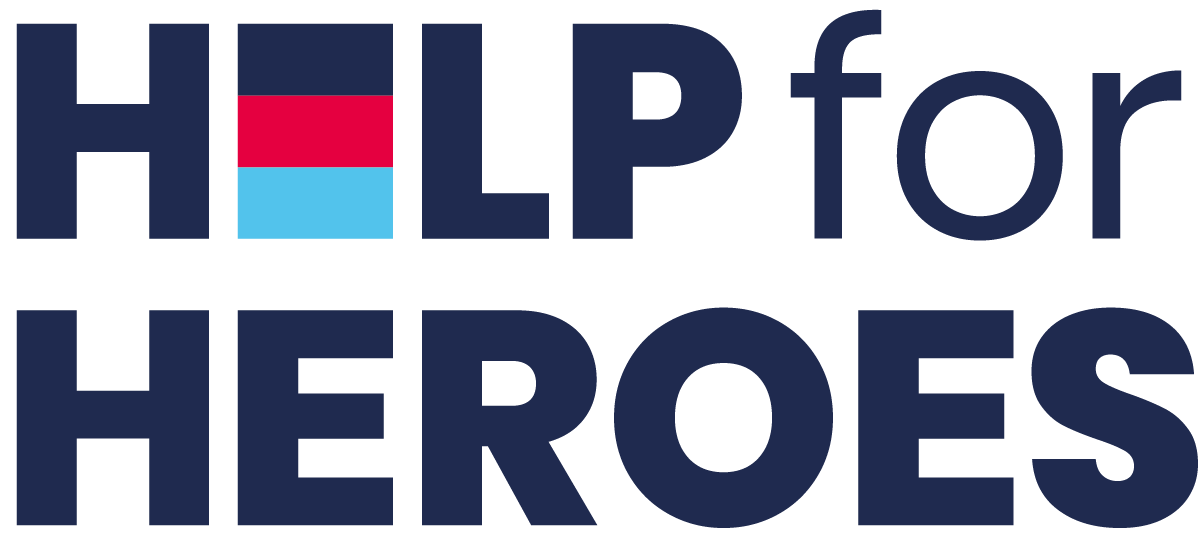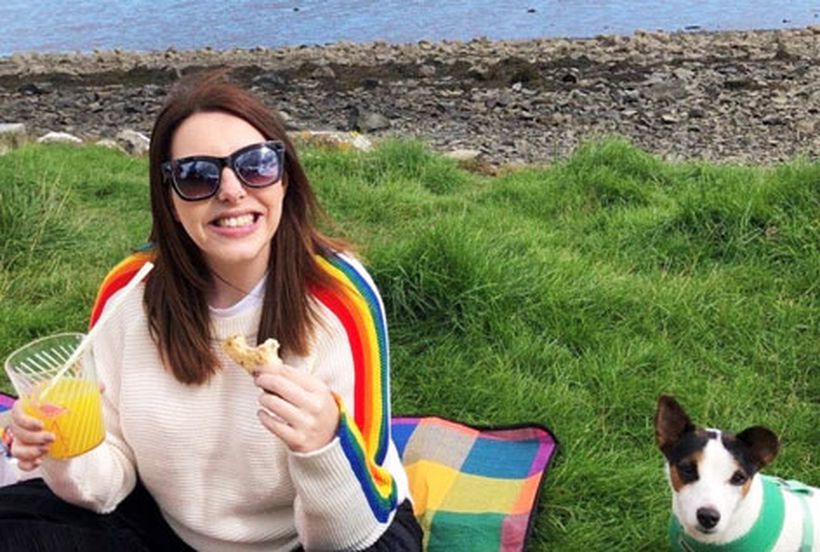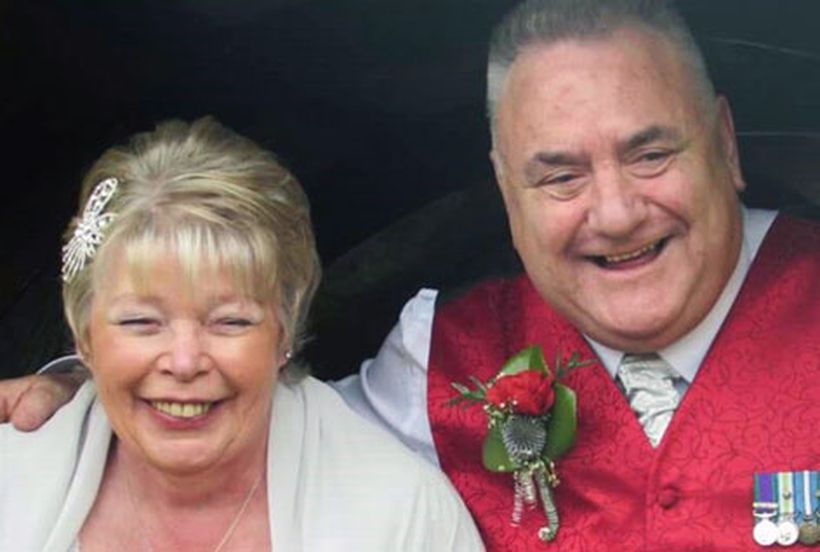Updated on
How can we help wounded veterans and their families feel safe and supported when they can’t leave their house? This was one of the challenges facing our Recovery Team when the UK entered the first lockdown in Spring 2020. With our recovery centres and support hubs closed, our essential services had to change overnight.
For some of the 12,000 members of our Band of Brothers and Band of Sisters Fellowships, virtual get togethers quickly replaced face-to-face meet ups and became a fun yet vitally important way to keep in touch.
“Isolation can be a big problem for those we support. For some, the get-togethers were the only interaction they had during the lockdowns,” explains Alan Cupples, one of our Fellowship Practitioners in Scotland and Northern Ireland.
“Even just a conversation, a bit of banter and a catch up can make the world of difference.”
As Alex Baillie, who works alongside Alan, explains: “We organised virtual quiz nights, baking sessions, book clubs and craft workshops. Above all, we wanted to make sure people had time to come together and talk.
“We always say that even if we can help just one veteran or family member to make a new friend, then that’s wonderful. But we’re pleased to say our virtual get togethers achieved so much more than that.”
For veterans Ian and Keith, virtual get-togethers made all the difference at a time when they felt anxious and cut off from the world.
Ian Baker served in the RAF for 4 years, including in the first Gulf War, before a routine medical revealed shadows on his lungs and marked the end of his career.
Losing the job he loved led to depression, family breakdown, a suicide attempt and eventually homelessness. To this day Ian is also haunted by the death of a friend and comrade who took his own life after being injured in Kuwait.
Ian suffers with Post-Traumatic Stress Disorder and serious health conditions but says the virtual get togethers have given him a sense of belonging.
“The get togethers give me a reason to get up in the morning and keep my mood up,” Ian explains. “We were all new at first but everyone’s been very welcoming. We’ve all served in different places but we have shared experiences.”
“I’ve met tons of new friends and I’ve found the confidence to try new things. The Help for Heroes team have been so kind. It means a lot to know that if I’m in trouble in any way, these guys are here for me.”
Former Royal Marine, Keith Burton, served in Northern Ireland and the Falklands. Unfortunately his experiences, including injuries sustained during battle training, led to a decline in both his physical and mental health.
For Keith, the regular contact with fellow veterans and The Fellowship Team have been a lifeline for both him and his wife, Valerie. Keith particularly enjoyed making the model kits we supplied.
“Modelling slows my brain down, like meditation. It helps me get through the rest of the day and I’ve even been sleeping better,” he explains.
Val also enjoyed the craft activities and is a member of the book club that continues to meet regularly online: “The best thing is knowing there are people who care about you. You know that if you break down, they’ll understand why.”
When asked how they would have coped during the last year without the support of the Fellowship team, Keith says: “It would have been very difficult. I would have just gone further and further into myself…I wouldn’t have got out of my chair.”
“Knowing Help for Heroes is always there helps me anchor myself. What Help for Heroes has provided has been a lifeline.”
Will you help us to be here for our wounded heroes in the future?
Forty years after the Falklands War, Keith is still living with the trauma he suffered. Val is living with it too. Too many veterans are still fighting their battles, decades after taking off their uniforms and laying down their weapons.
By leaving a gift in your Will, you can show our heroes they won’t have to fight alone.
So why not download your free copy of our legacy guide, and find out how you can be a hero to our wounded heroes.




